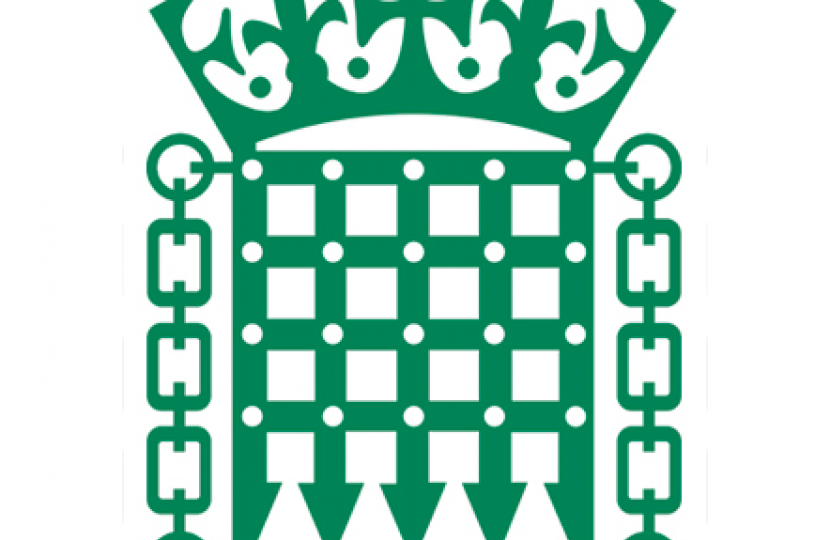
Last week, we lost our colleague Jo Cox. Jo was elected as an MP only a year ago and she clearly left a mark of public service on her constituents and many more who she had not met during her life but who, following her tragic passing, clearly felt a connection from further afield.
I did not know Jo particular well but she always struck me as friendly and warm when we did engage in debate or along the corridors of Parliament. As MPs, we tend to focus on certain causes. Jo's background was in international aid and she focussed on this cause in Parliament. My causes, and policy areas I focus on, are broader, focussing on mental health, autism, transport, pollinators, education and health. As a result, and perhaps because we both travelled back home each evening, our paths did not cross that often. That said, the last time we both spoke was to be Jo's last debate in the House of Commons when we both spoke of the need to get emergency aid into Syria.
Since Jo's passing, many constituents have got in touch and have been kind about the job which an MP performs. I prefer not to focus on the specific role of an MP but on the role which every front-line member of public services carries out. In healthcare, law and order, education, town halls and many more, we all do our best to help people who are often vulnerable, emotional and confused. Many are grateful. Many are frustrated that we cannot do more. We all want to do more but are constrained by the democratic system which governs us or an unwillingness of the individual to take steps themselves.
One thing I am clear of, and will not change despite the tragedy from last week, an MP's role is to meet with, and serve, constituents and I do not want to put up a barrier between this vital link. I hold open constituency surgeries and meetings as well as confidential appointments. I will carry on doing so and will not be seeking to change the way I do it. I do expect constituents to show me, and my three dedicated members of staff, common decency. I have always put people straight when they are rude or abusive. If I cannot stand up for myself, how could I possibly stand up for my constituents?
The debate on the EU Referendum has caused the public to question if we have become a divisive nation. I disagree. I have held eight debates across the constituency and am now visiting 25 schools to explain the arguments to pupils in schools who cannot vote but may have the greatest impact by the decision of those who can. These debates have been impassioned and forceful but should give us all cause to celebrate that we live in a country where we can have our say without retribution. I am grateful for the feedback from those who have attended but I am reminded that I am paid to represent the community in democracy so it is perhaps better to ask why I would not do something like this? This is, after all, a referendum so the voice of the people is what counts and an MP's job should be to find ways to let it be heard rather than drown it out with our own views.
I would like to touch on the role of social media from this last week. Social media can be a vital democratic tool to engage and explain. It can also appear hopelessly clumsy and self-centred and a tool to vent anger. Following Jo's passing, I decided not to use it for a few days. I may not have been pictured signing books of condolence or giving a view on how everyone else should conduct themselves but I have been as saddened by this tragedy as any MP who has been more active on this instant media. For those of us who did not know Jo well, it struck me as better to leave it to those who were close to Jo to tell the story of someone who was not just a committed constituency MP but a much loved mother, wife, daughter and sister.


